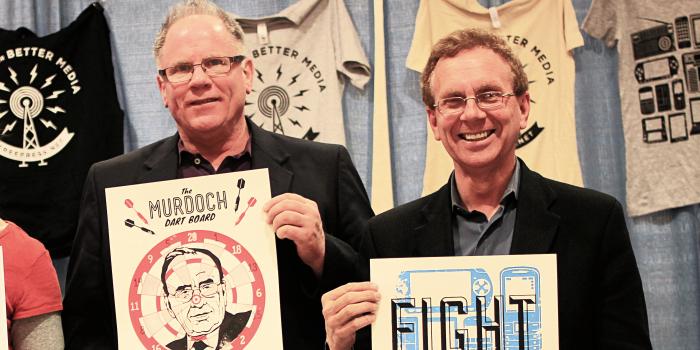Free Press Supports FCC Plan to Stop Abusers from Tracking Survivors of Domestic and Sexual Violence

WASHINGTON — On Thursday, Free Press submitted a comment supporting the Federal Communications Commission’s proposals to ensure that survivors of domestic and sexual violence have reliable, safe and affordable access to vital communications infrastructure. The FCC’s suggestion in the item out for comment today would enable survivors to use their cars without their abusers knowing where they’ve been, or being able to turn off a victim’s car from afar.
Free Press’ filing strongly supports the FCC’s efforts to extend the applicability of the Safe Connections Act of 2022 to these connected cars. By doing so, “[s]urvivors will be able to use their cars to gain economic independence and other support, without fear of being tracked by their abusers or their car being otherwise manipulated by an abuser with remote access,” reads the filing.
Free Press Policy Counsel Yanni Chen said:
“Through this proceeding, the FCC can change survivors’ lives for the better. Free Press applauds Chairwoman Rosenworcel for moving to protect survivors’ safe use of connected cars. As it moves ahead, the agency should consider the wide-reaching ways connected cars can collect data on drivers, factor in the needs of the communities most at risk, and extend its rules to protect against the pernicious ways abusers can use cars’ connectivity features against survivors of domestic and sexual abuse.
“The FCC should recognize when and how connected cars already fit in the terminology of the Safe Connections Act of 2022 — and should modify and expand the associated implementing rules where they do not already account for connected cars’ tracking and data collection.
“There are myriad ways that connected-car technology can be used against domestic abuse survivors — and there are also specific challenges that certain groups of domestic abuse survivors face. As the FCC has already recognized, the effects of domestic violence disproportionately impact individuals from historically marginalized groups.
“Recognizing the needs of those survivors will help ensure that the agency’s work is as effective as possible. This work could be truly lifesaving.”




